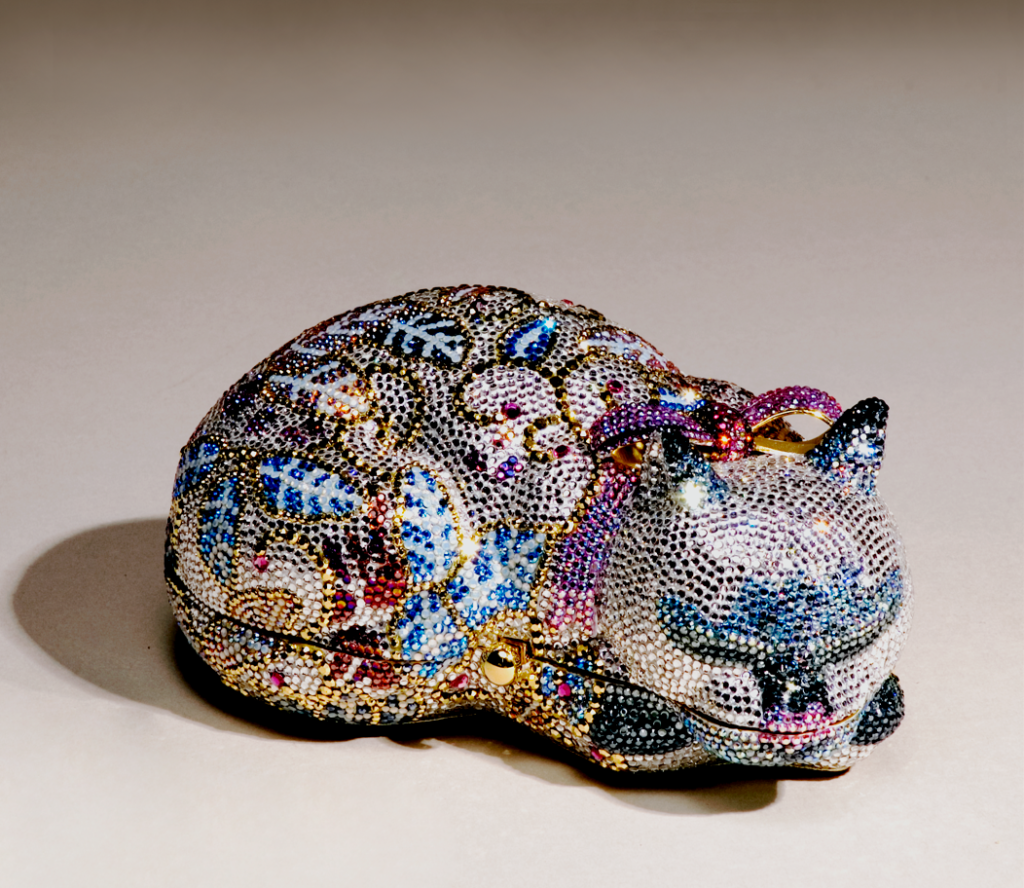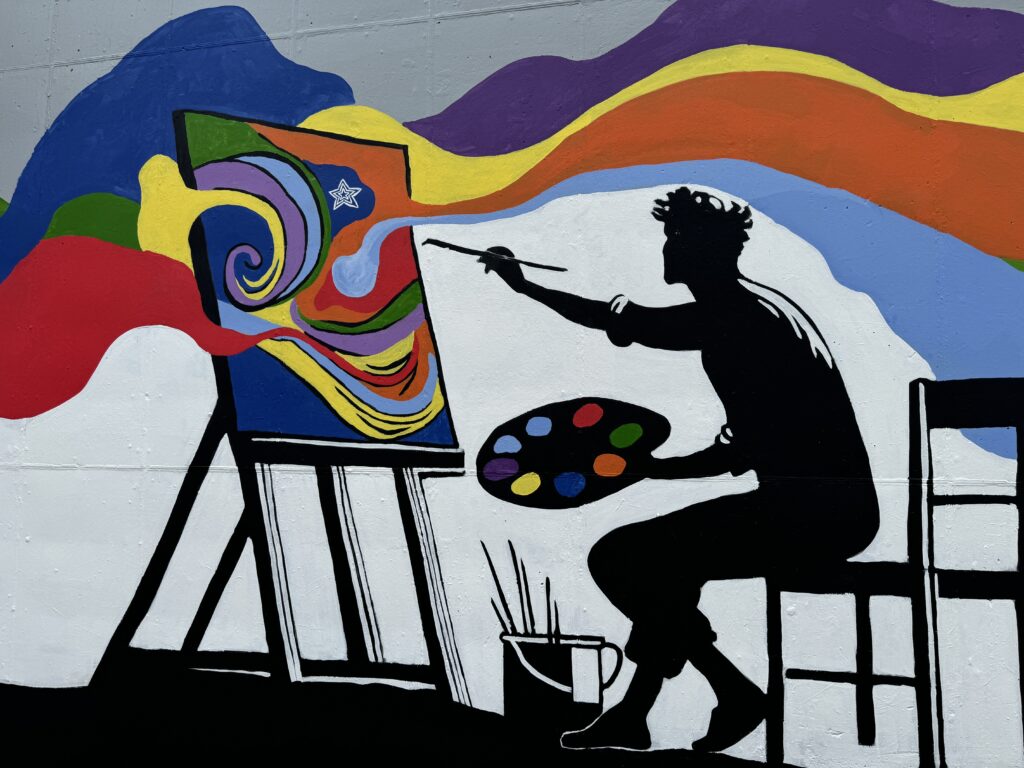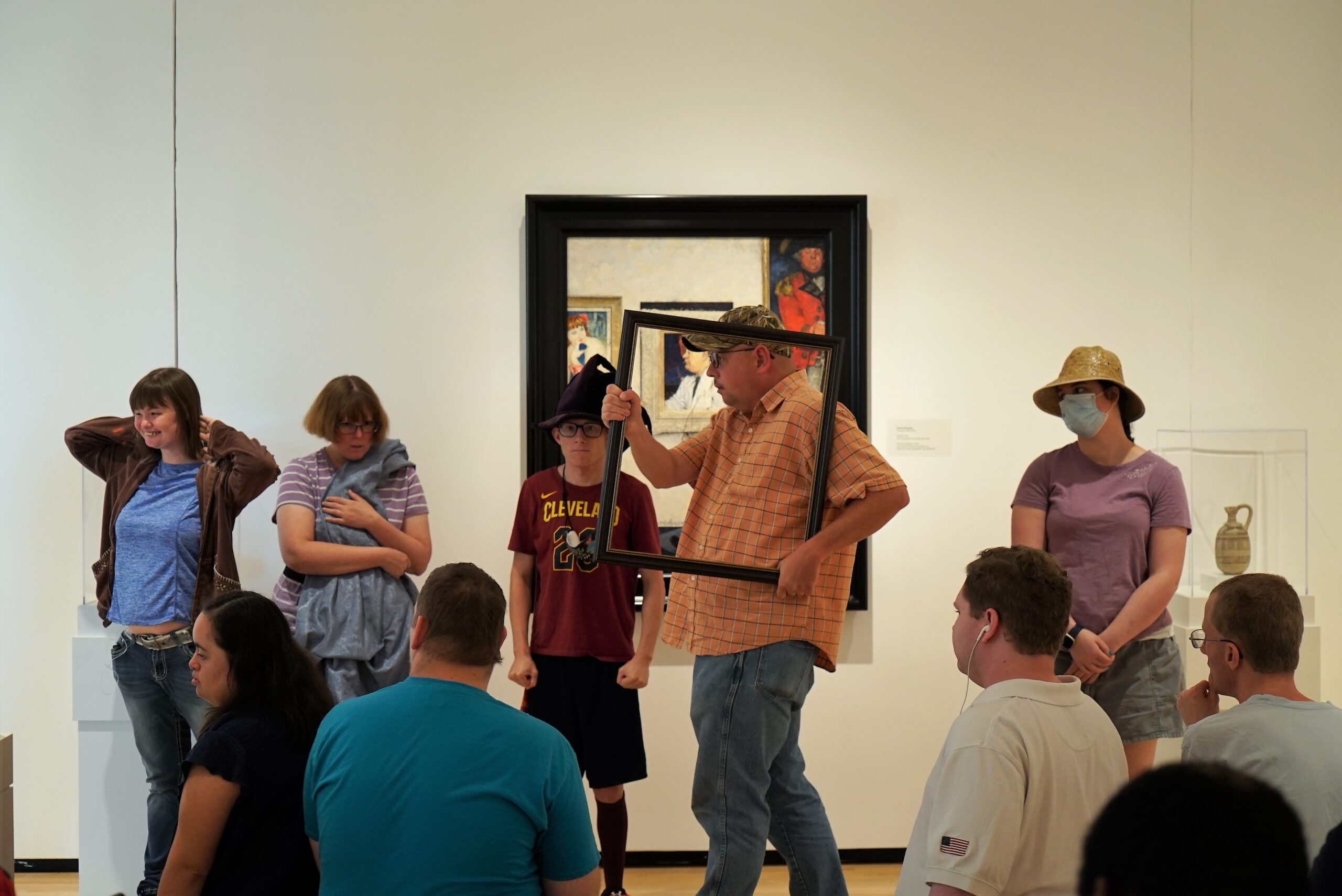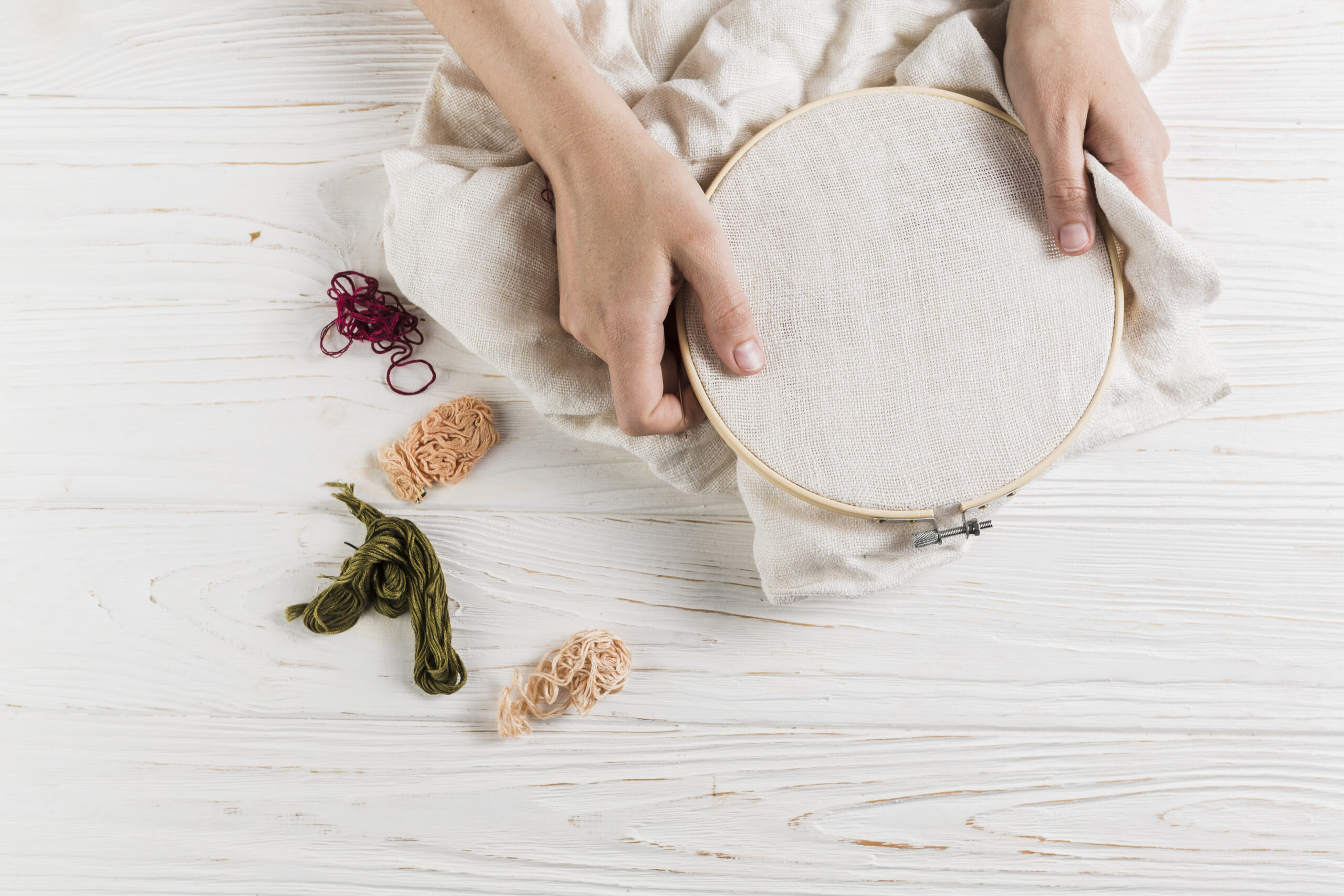As a guest at the Taubman Museum of Art, your health, safety and well-being are a top priority while you enjoy your visit with us.
We’re closely monitoring the ongoing situation with COVID-19, with senior Museum administrators meeting daily to discuss the latest developments and recommendations from local, regional, and national health organizations such as the Roanoke Department of Emergency Management, the Virginia Department of Health, and the Centers for Disease Control and Prevention.
At this time, the Museum will remain open and offer all scheduled activities unless otherwise noted.
There are a number of proactive steps we’ve taken to promote your well-being during your visit, including:
- Increasing daily cleanings in all public and private areas, using disinfectants and other cleaning products that are in line with American Alliance of Museum standards for care
- Regularly disinfecting common surfaces such as door handles, elevator buttons, stair railings, art supplies, table and countertops, and more
- Providing additional Lysol wipes and hand-sanitizer dispensers throughout the Museum
- Adding anti-microbial protectors on door handles, push bars and other common door areas if the surfaces are wood or metal
There are a number of things you can do as well to help safeguard yourself and others. First and foremost, if you are feeling unwell, we ask that you reschedule your visit to the Museum for another time. If you have registered for a class or booked an event at the Museum and feel that you cannot attend, you may contact our main line at (540) 342-5760 to discuss options.
Additional ways to protect yourself and others include these recommendations from the Virginia Department of Health:
- Wash your hands often with soap and water for at least 20 seconds.
- Use an alcohol-based hand sanitizer only if soap and water are not available.
- Avoid touching your eyes, nose, and mouth as much as possible.
- Cover your mouth and nose with a tissue or sleeve (not hands) when coughing or sneezing.
- Clean and disinfect frequently touched objects and surfaces.
- Stay home when you are sick.
- Avoid contact with sick people as much as possible.
- Avoid non-essential travel.
- The Centers for Disease Control and Prevention does not recommend that people who are well to wear a facemask to protect themselves from respiratory diseases, including COVID-19. Facemasks should be used by people who show symptoms of COVID-19 to help prevent the spread of the disease to others. The use of facemasks is also crucial for health workers and people who are taking care of someone in close settings (at home or in a health care facility).
You can learn more about COVID-19 from the following reliable resources. We recommend you monitor and follow the guidance of these organizations and your local health and safety officials.
Centers for Disease Control and Prevention
We will continue to monitor the situation and remain in touch with health and safety officials. We’ll post additional updates to our web site if/when any additional developments arise.






